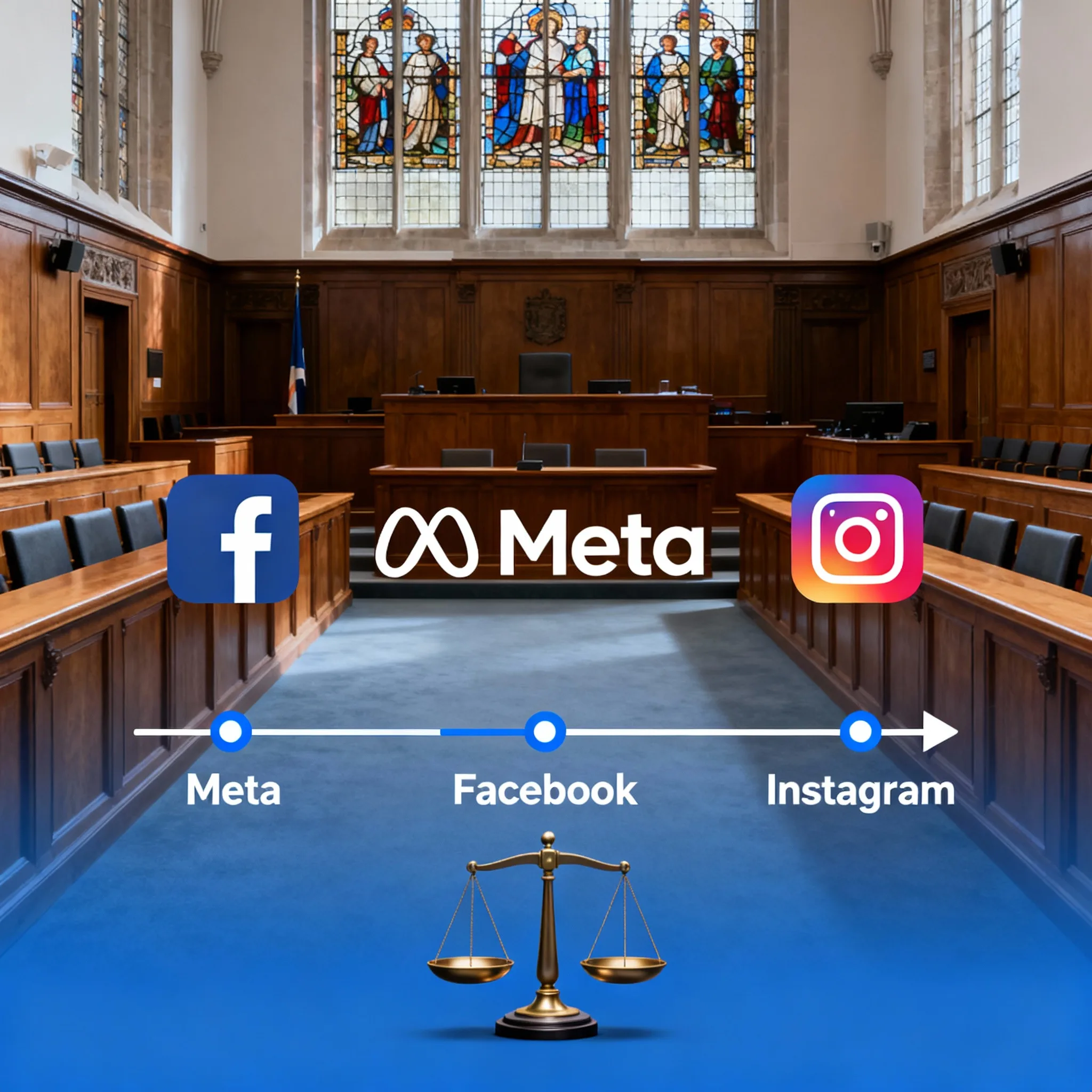Key Insights
- A Dutch court has ruled that Meta must allow users in the Netherlands to set a chronological, non-algorithmic feed as the default on Facebook and Instagram, citing violations of the EU Digital Services Act (DSA).
- Meta faces daily fines up to €100,000—capped at €5 million—if it fails to comply within two weeks; the company has announced plans to appeal.
- The decision highlights growing European scrutiny of AI-powered personalization and the importance of user autonomy over algorithmic content feeds.
A landmark ruling by a Dutch court has ordered Meta to fundamentally change how Facebook and Instagram present content to users in the Netherlands, requiring the tech giant to let users opt for a chronological, non-algorithmic feed by default—a direct challenge to Meta’s core AI-driven personalization model.
The case, brought by digital rights group Bits of Freedom, centers on compliance with the European Union’s Digital Services Act (DSA), which mandates that large online platforms must offer users genuine control over how content is ordered in their feeds.
Court Finds Meta’s Algorithmic Default a ‘Dark Pattern’

The Amsterdam District Court found that Meta’s practice of steering users toward AI-curated, personalized feeds—while making chronological options hard to find and impermanent—constitutes a prohibited “dark pattern” under Article 25 of the DSA.
Currently, Dutch users can access a chronological timeline, but the feature is buried in settings, cannot be set as the default, and reverts to algorithmic ordering when the app is restarted.
The court ruled that this undermines user autonomy and freedom of information, rights the DSA is designed to protect.
“Meta Ireland must make users’ chosen recommendation settings on Instagram and Facebook permanent,” the court stated. “The setting must remain in place if a user navigates to another section of the platform or closes and reopens the app or website. Meta Ireland must also ensure that the option for a non-profiled timeline is directly and easily accessible on the homepage and in the Reels section of both Instagram and Facebook.”
Meta has two weeks to implement these changes for Dutch users. Failure to comply could result in escalating fines, starting at €100,000 per day and reaching up to €5 million.
The company has stated it will appeal the decision, arguing it already complies with the DSA and informs users about how to disable algorithmic feeds.
Broader Implications for Algorithmic Transparency and User Rights
This ruling is one of the first in Europe to apply the DSA’s provisions on recommender systems through civil litigation, signaling that private enforcement can make EU digital regulations tangible for users.
The case also arrives amid heightened concerns about the influence of algorithmic feeds on public opinion, especially ahead of the Dutch parliamentary elections on October 29.
Digital rights advocates have welcomed the decision as a critical step toward rebalancing power between users and platforms. Maartje Knaap of Bits of Freedom emphasized the broader stakes:
“It is absolutely unacceptable that a few American tech billionaires decide how we see the world. That concentration of power poses a risk to our democracy. At the same time it is disappointing that we need the court to make Meta obey the law.”
However, campaigners caution that this is just one battle in a larger struggle to ensure tech giants respect democratic values and user choice. The ruling applies only in the Netherlands, but its legal foundation—the DSA—is EU-wide, raising questions about whether similar cases could emerge in other member states.
Industry and Public Reaction
The decision has sparked debate across Dutch and European tech policy circles about the future of AI-driven social media, user rights, and the limits of algorithmic personalization.
While digital rights groups celebrate the win for user autonomy, Meta’s planned appeal underscores ongoing tensions between European regulators and global tech platforms over compliance with new digital rules.
As the deadline for compliance approaches, all eyes are on Meta’s next moves—and whether this case will inspire similar legal challenges elsewhere in Europe, potentially reshaping how hundreds of millions of users experience social media.
Discover more from WireUnwired Research
Subscribe to get the latest posts sent to your email.




